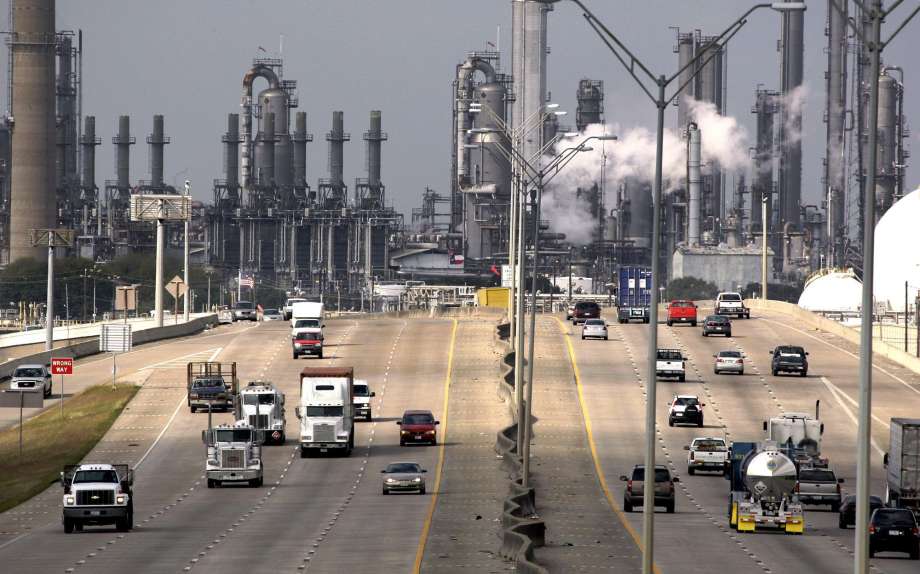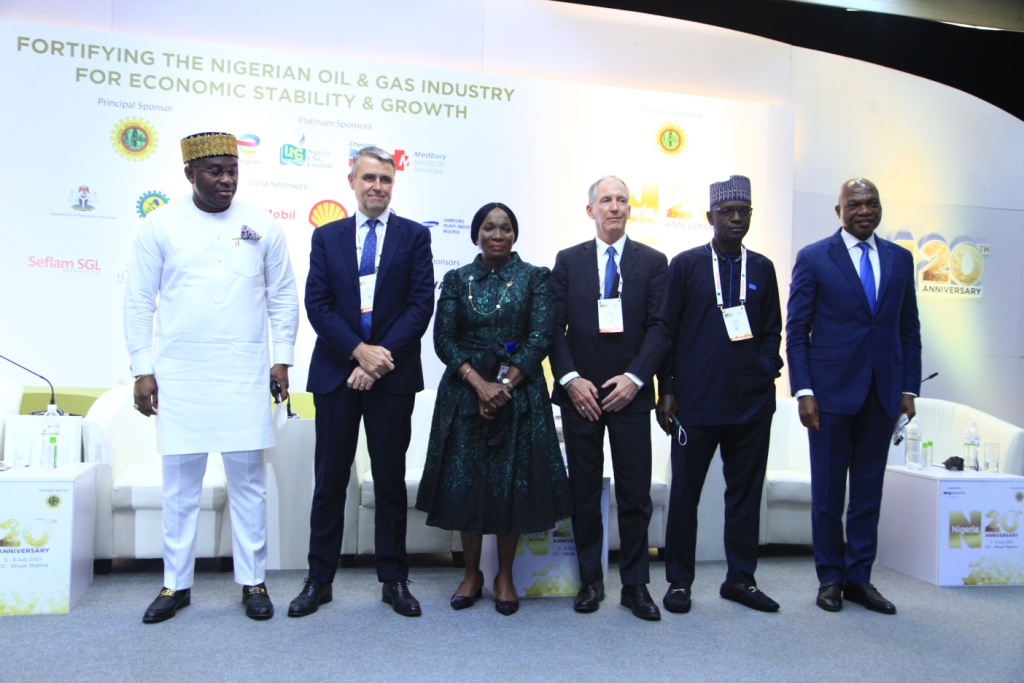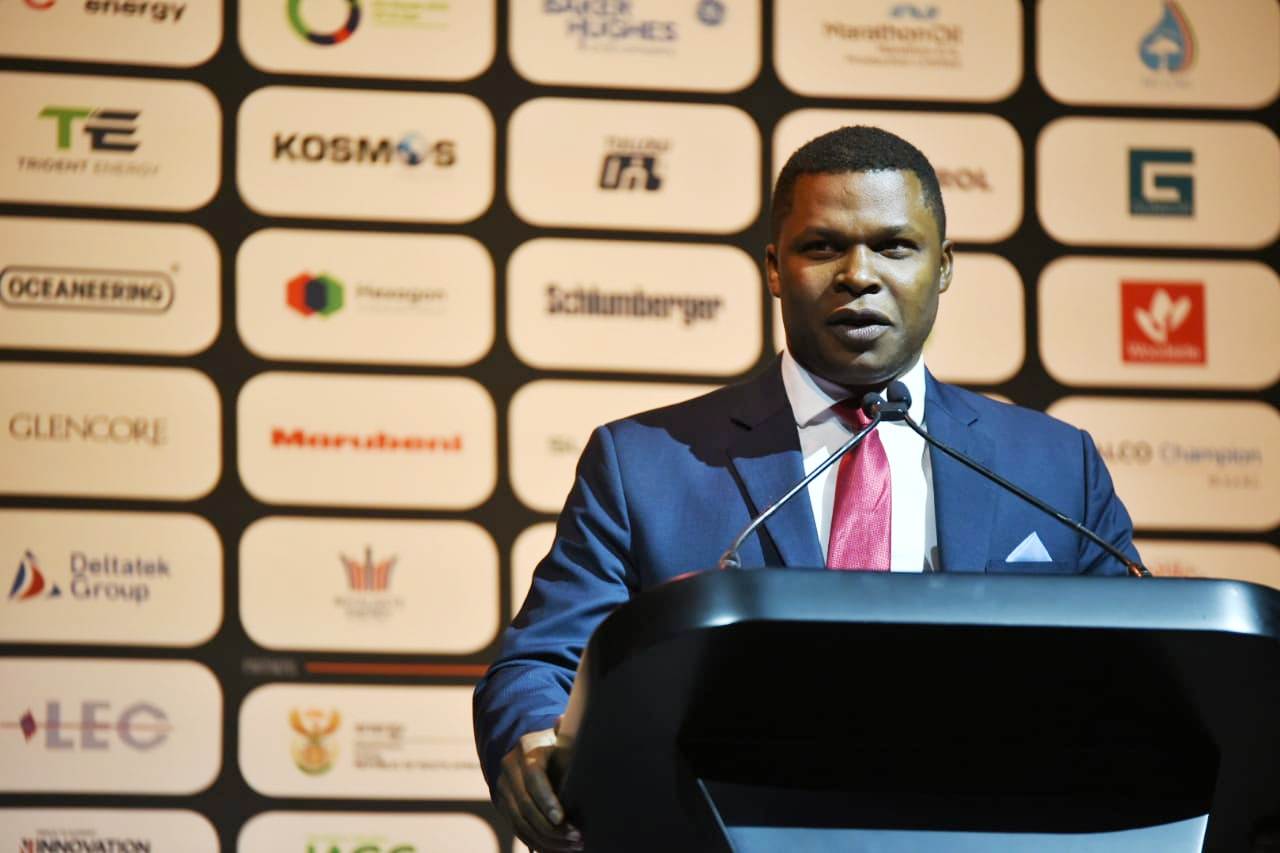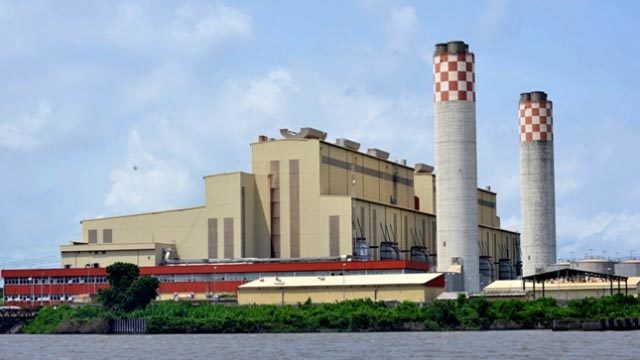Royal Dutch Shell Plc, this week announced support for President Donald Trump’s campaign in rolling back greenhouse gas emissions and methane in particular at its new Deer Park Refinery on the Houston Ship Channel in Texas.
This is coming at a time several International Oil Corporations (IOCs) in Nigeria have apparently remained sluggish in responding to the nation’s new regulations in reducing gas flaring in producing communities.
Last year, Shell, BP PLC, Exxon Mobil Corp., Statoil, Eni SpA, Total SA and Repsol SA signed a public pledge to improve their methane emissions profile, including through transparency, emissions cutbacks and advocacy for strong regulation.
Since then, BP and Exxon Mobil have similarly announced that they would trim methane leaks from their operations.
In April, BP committed to bringing its methane emissions rate to 0.3 percent or less of marketed gas production, but its target includes only gas fields, not the oil fields that co-produce natural gas and make up a major source of vented and flared gas around the world. In May, Exxon said it would reduce oil and gas methane emissions by 15 percent and flared gas volumes by 25 percent by 2020 across its global oil and gas operations.
The new report by E&E News suggests that the oil giant move to reduce methane leaks from its oil and gas operations remains a smart public relations move to gain credence in the United States current administration’s energy policy.
Otherwise, Shell said it will reduce methane emissions intensity among its oil and gas operations to less than 0.2 percent of total marketed natural gas by 2025 by targeting leaks, venting and incomplete combustion of the fuel.
According to Maarten Wetselaar, Shell’s director for integrated gas and new energy, “This methane target complements Shell’s ambition to cut the net carbon footprint of our energy products by around half by 2050, which we announced in November 2017”.
He added that the targets “are a critical part of Shell’s strategy to thrive during the global energy transition by providing more and cleaner energy.”
Already, US environmental groups have described the targeted reduction as significant as Ben Ratner, a senior director at the Environmental Defense Fund who works on methane issues averred that “The goal is stringent, time-bound, and covers both oil- and gas-side emissions.”
He disclosed further that “Shell’s industry-leading target makes clear that the race to near-zero methane emissions is on.”
Industry analysts say the move comes as a rebuke of sorts to an EPA proposal last week that would reduce the frequency that new and modified oil and gas sources have to monitor for methane leaks. The agency said the change would save companies money but also increase greenhouse gas emissions and potentially harm public health (Greenwire, Sept. 11).
There will be a 60-day period for the public to provide input, after which EPA will consider comments before making changes.
Oil and gas groups like the American Petroleum Institute and Western Energy Alliance have welcomed the proposed changes. API described them as “cost-effective, achievable regulations.”
Besides, Business Hilights gathered that before now, a small cadre of large, internationally active oil and gas companies have committed to more aggressively addressing methane emissions over the past year, in part aiming to shore up claims that natural gas is more environmentally sound than other fossil fuels.









